Byrd Family Crest, Coat of Arms & Byrd Name Origin
|
|
|
|
|
| Return to Home page | Bookmark this page | Link to this page | Send a Byrd Postcard |
| Find Your Name | ||||||||
| A | B | C | D | E | F | G | H | |
| I | J | K | L | M | N | O | P | |
| Q | R | S | T | U | V | W | X | |
| Y | Z | |||||||
Byrd Family Crest


Origin of the Name Byrd
The ancient history of the name Byrd was found in the allfamilycrests.com archives. Meaning 'the bird' the names Byrd and Bird are occupational names for a bird-catcher. Variants include Birde, Byrde, Burd and Bride. This name is of Anglo-Saxon descent spreading to the Celtic countries of Ireland, Scotland and Wales in early times and is found in many mediaeval manuscripts throughout the above islands. Examples of such are a Geoffrey le Byrd, Salop, a David le Brid, Oxford, and a Stefan le Brid, Suffolk, who were recorded in the 'Hundred Rolls', England, in the year 1273. A Johannes Bridde was recorded in the 'Poll Tax' of the West Riding of Yorkshire, in the year 1379.
In Ireland this name and its variants were introduced into Ulster Province by settlers who arrived from England and Scotland, especially during the seventeenth century. It was the 'Plantations of Ireland' in the sixteenth and seventeenth centuries that marked the end of Gaelic supremacy in Ireland. While the influx of settlers in the wake of the earlier Anglo-Norman invasion of the twelfth century resulted in a full integration into Irish society of the new arrivals, the same never occurred with the Ulster Planters who maintained their own distinct identity.
Byrd and Bird are also occasional variants of the names Heaney, Heneghan and MacEneany.
The Byrd coat of arms came into existence centuries ago. The process of creating coats of arms (also often called family crests) began in the eleventh century although a form of Proto-Heraldry may have existed in some countries prior to this. The new art of Heraldry made it possible for families and even individual family members to have their very own coat of arms, including all Byrd descendants.
|
WONDERFUL Byrd GIFTS FOR EVERY OCCASION
Show Off Your Heritage With Our Range Of Top Class Gifts For Your Family Name! VERY LIMITED TIME OFFER: FREE DELIVERY!!! |
||
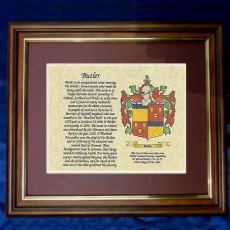 Byrd Parchment Prints: Framed, Unframed, Perfect  |
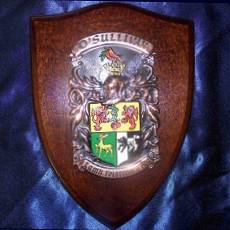 Researched Byrd Hand-Painted Plaques & Shields  |
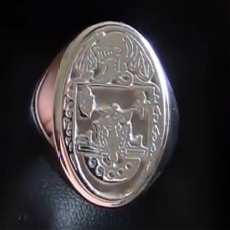 Incredible Hand-Engraved Byrd Signet & Seal Rings  |
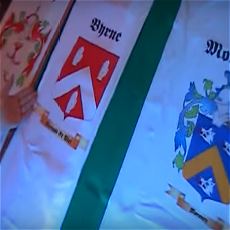 Get your Byrd Family Crest Flag, on Ireland or White background!  |
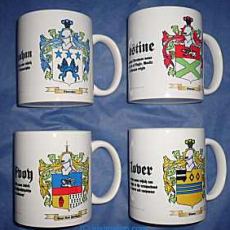 Personalized Byrd Coffee Mugs Make Thoughtful Personalized Gifts  |
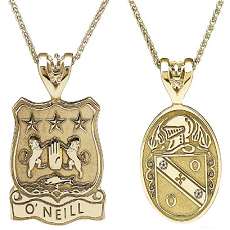 Engraved Byrd Pendants in Gorgeous Gold or Stylish Silver.  |